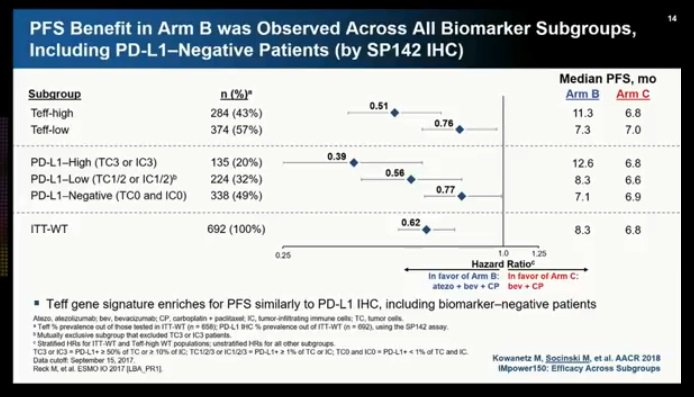

10īased on the Keynote-189 trial, 10 30.5% of the patients in the pembrolizumab plus chemotherapy group and 46.6% in the placebo plus chemotherapy group received subsequent therapy after disease progression.
#KEYNOTE 189 TRIAL#
13 And then the incidence rates of neutropenia and pneumonia from the Keynote-189 trial were used to calculate the cost of AEs treatments. The model considered the hospitalisation cost of patients with AE ≧ grade 3, and the incidence rate exceeded 5% because these AEs were of great concern to clinicians. In the PFS state, the cost of the intravenous drug for 3-week cycle was based on the following doses: pembrolizumab 200 mg/cycle, pemetrexed 500 mg/m 2, cisplatin 75 mg/m 2 and carboplatin 400 mg/m 2. Only direct costs, including the costs of the drug, premedication, administration and management of serious adverse events (AEs) ( table 1 near here), were considered in our evaluation. The goal of this study was to analyse the cost-effectiveness of pembrolizumab plus chemotherapy for previously untreated metastatic NSCLC without ALK or EGFR mutations from the US payer perspective. Therefore, it is worth discussing whether pembrolizumab plus chemotherapy is a cost-effective regimen. 10Īlthough pembrolizumab plus chemotherapy improved survival significantly, the additional cost was notably high. 8 9The Keynote-189 clinical trial showed pembrolizumab in combination with pemetrexed plus carboplatin or cisplatin could extend progression-free survival (PFS) by 3.9 months for patients with metastatic NSCLC without sensitising ALK or EGFR mutations. 2 5–7 Pembrolizumab, a PD-1 inhibitor, was approved by the US Food and Drug Administration (FDA) for treatment of advanced NSCLC in 2015. 4 Immune checkpoint inhibitors improve antitumor immunity by inhibiting programmed death 1 (PD-1) receptor or programmed cell death ligand 1 (PD-L1).

3Ī new era of treating advanced NSCLC is upon us after the emergence of immunosuppressive agents. 2 Immune checkpoint inhibitors showed higher efficacy and less toxicity compared with other therapies.

2 Multiple drug regimens are available for the treatment of advanced NSCLC, including platinum-based combination chemotherapy, anaplastic lymphoma kinase (ALK) tyrosine kinase inhibitor (TKI), epidermal growth factor receptor (EGFR)TKI and immune checkpoint inhibitors. The most important finding is the benefit with pembrolizumab was observed independent of PD-L1 expression results were positive in patients with a PD-L1 expression of less than 1% and those with PD-L1 negativity also experienced favorable outcomes, concludes Rodriguez-Abreu.Globally, lung cancer had an incidence rate of 27.4 per 100 000 and a mortality rate of 23.1 per 100 000 in 2018, 1 and non-small cell lung cancer (NSCLC) accounted for the vast majority of these cases. The 2-year PFS rate in the pembrolizumab and placebo arms was 22.0% versus 3.4%, respectively. The median PFS was 9.0 months in the pembrolizumab arm compared with 4.9 months in the placebo arm. The median progression-free survival (PFS) rate was also found to be positive with the addition of pembrolizumab. Furthermore, the 2-year OS rate in the triplet arm was 45.7% compared with 27.3% in the placebo arm.

In the phase 3 trial, patients were randomized 2:1 to receive 35 cycles of pembrolizumab (Keytruda) every 3 weeks or placebo every 3 weeks plus 4 cycles of pemetrexed and carboplatin/cisplatin followed by maintenance pembrolizumab.ĭata from the final analysis of the KEYNOTE-189 study presented at the 2020 ASCO Virtual Scientific Program demonstrated that the median overall survival (OS) in the pembrolizumab (Keytruda) arm was 22 months compared with 10.6 months in the placebo arm, says Rodriguez-Abreu. Delvys Rodriguez-Abreu, MD, medical oncologist at Hospital Universitario Insular de Gran Canaria in Gran Canaria, Spain, discusses the final analysis of the phase 3 KEYNOTE-189 study in metastatic nonsquamous non-small cell lung cancer (NSCLC).


 0 kommentar(er)
0 kommentar(er)
